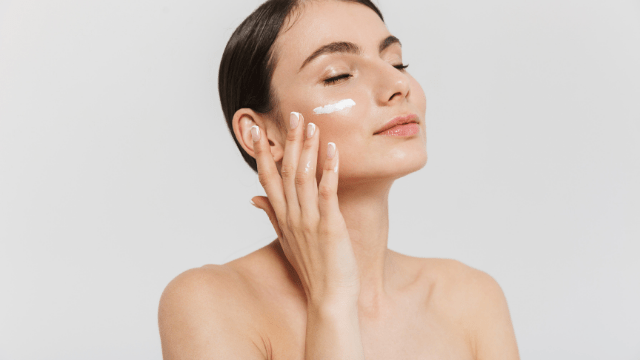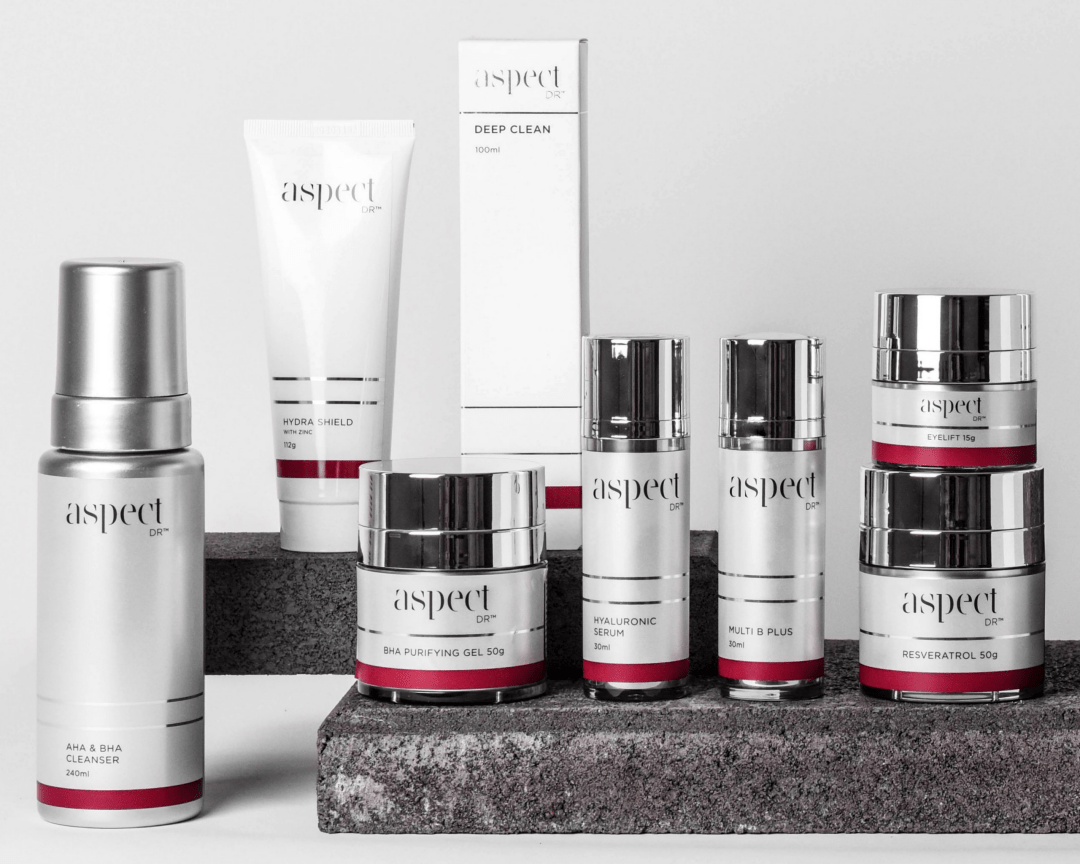
Vitamin A: The Holy Grail Of Skincare
When it comes to skincare, Vitamin A has been hailed as the most effective solution out there. Otherwise known as “Retinol” – this power serum has the ability to aid many skin concerns, most notably ageing and acne. It can help restore smooth, glowing youthfulness when added to skincare routines.
Vitamin A is an active ingredient in many of the skincare products that we sell in our online Clinic-only Skincare Shop, and in those that our dermal clinicians prescribe to clients following treatments. If you’re wondering what the big fuss is about, or would like to know more information before adding it to your own routine, you’ve come to the right place.
Here’s everything you need to know about Vitamin A.
What is Vitamin A?
Vitamin A is also commonly referred to as “retinol” and includes many derivatives, such as retinaldehyde, retinoic acid and retinyl esters.
Many bases of Vitamin A are used in serums and prescription creams to treat skin concerns, with varying strengths and forms. If you are prescribed a Vitamin A serum at Body Recon, your dermal clinician will assess the suitable strength for your serum based on your skin and needs.
What is Vitamin A used for?
Vitamin A is used to treat many skin conditions, most commonly:
- Fine lines
- Wrinkles
- Acne
- Sun damage
- Melasma & other pigmentation concerns
- Uneven skin texture
- Large pores
How does it work?
Vitamin A works at a deeper level than most skincare products. Rather than simply removing dead skin cells from the top layer of your skin, the small molecules of Vitamin A go beneath the surface and create positive cellular changes within the dermis and epidermis. This accelerates cell turnover, boosts your natural production of collagen and elastin, reduces pore congestion and stabilises pigmentation as well as having anti-inflammatory properties.
How exactly does Vitamin A benefit ageing skin?
As we age, there is a slowing or cessation of collagen production and an increase in pigmentation. The positive cellular changes and the production of collagen stimulated by topical application of Vitamin A helps to plump the skin, improve the appearance of fine lines and wrinkles, reduce signs of ageing, and lessen any sallowness or roughness in the skin.
How exactly does Vitamin A benefit acne-prone skin?
Topical application of Vitamin A reduces pimples and blackheads whilst helping to prevent new breakouts from occurring. It supports the normal proliferation of dead skin cells and normalises oil flow. By increasing cell turnover, Vitamin A also has the ability to minimise the inflammation that is generated during breakouts, reducing clogged pores, and reducing the pigment that is left behind by breakouts. On top of this Vitamin A is microbial, minimising the presence of P.acne (bacteria which causes acne) in your skin.Is Vitamin A suitable for my skin?
Vitamin A is usually suitable for most skin types. When it is first introduced to your skin, very common side effects can include dryness, redness and peeling. This is typically experienced in the first few weeks of application and then subsides.To ensure that these side effects are minimal, Vitamin A should be introduced to your skin gradually – usually every 3rd night for two weeks, every 2nd night for two weeks and only then progressing to being used every night. Your dermal clinician will be able to advise you on your application routine based on the strength of the prescribed Vitamin A.
When using Vitamin A, you need to be mindful of sun exposure and SPF30+ should be worn daily to protect your skin. It’s important to only apply Vitamin A at night to avoid sun sensitivity during the day.
If you want to start integrating Vitamin A into your skincare routine, try Aspect Dr’s Exfol A Plus Serum, an exfoliating and intensive night serum including the active ingredient Retinol H10 (AKA Vitamin A!).

Vitamin A is not to be used whilst pregnant or breastfeeding.
Have more questions?
We believe in the power of knowledge at Body Recon. Our goal is to give you all the information you need in order to make an educated decision about the best treatment for you. If you’re interested in learning more, book a free consultation with us here or by calling (03)5221 1747 and we’ll give you our expert advice.
Interested in learning more? Book a consultation today.

